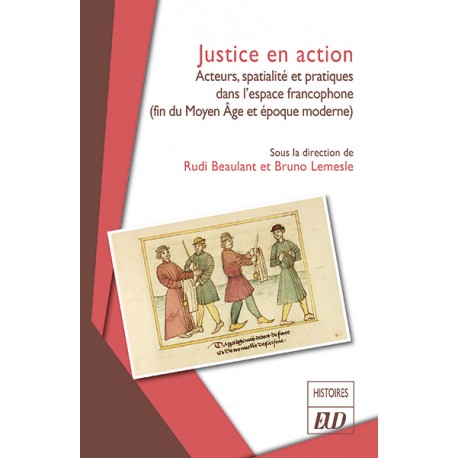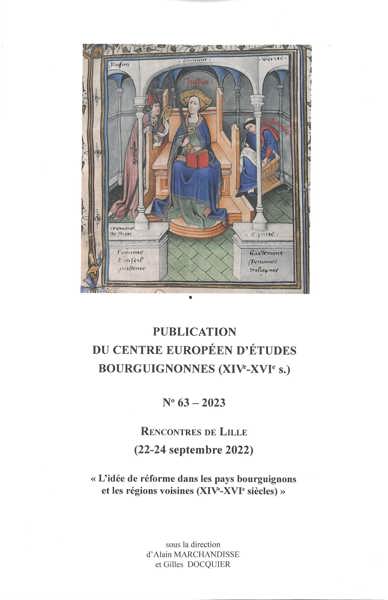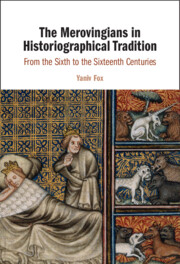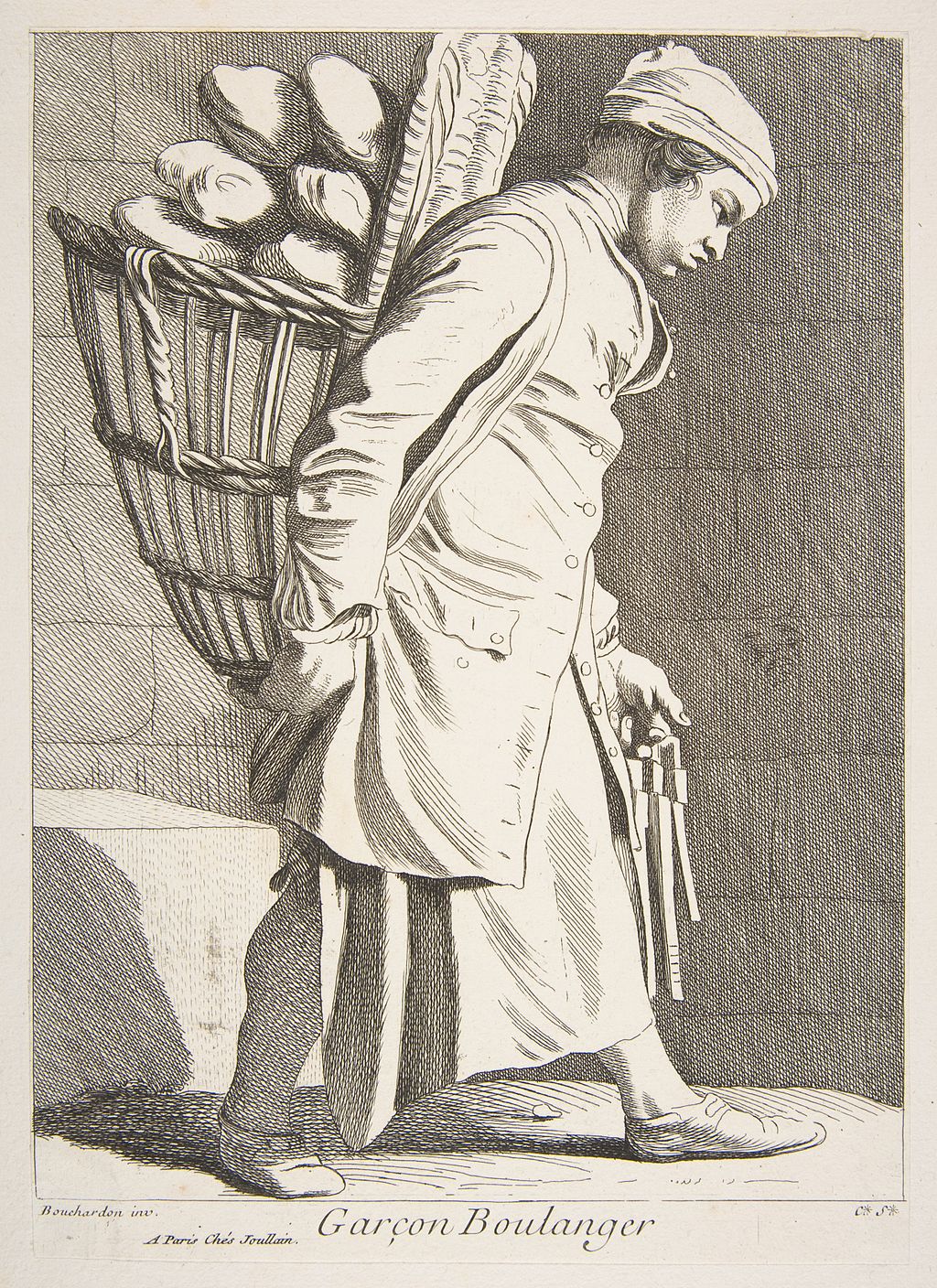ABOUT THE BOOK
La richesse du matériel documentaire conservé, au croisement entre les sources historiques et archéologiques, offre de nouveaux angles d’approche : sur les acteurs de la justice, officiers de justice grands et subalternes, sur les lieux de la justice, lieux d’exécution, d’exposition mais aussi d’inhumation. Elle permet un regard anthropologique sur le traitement des corps suppliciés ainsi que sur les stratégies mises en œuvre. L’objectif est de mieux comprendre le fonctionnement des appareils judiciaires et leurs implications sociales, juridiques et politiques.
ABOUT THE EDITORS
Rudi BEAULANT est docteur en histoire médiévale et chercheur associé au laboratoire ARTEHIS de l’université de Bourgogne. Post-doctorant au LabEx Hastec.
Bruno LEMESLE est professeur d’histoire médiévale à l’université de Bourgogne, spécialiste de l’Église et des modes de gouvernement et des rapports entre pouvoirs et sociétés au Moyen Âge.
TABLE OF CONTENTS
Introduction (Rudi Beaulant)
Première partie : les officiers
- Le Registre des calenges du bailli d’Arras (1362-1376), défense et illustration d’une coopération judiciaire (Romain Telliez)
- « A perpetuelle memoire et exemple a ceulx de la cité ». Les relations entre Thibaut IX de Neufchâtel et Besançon de 1444 à 1469 : entre exercice de la justice et recherche d’une « bonne union » (Julien Lagalice)
- « Comme le point en la balance » : présider les tribunaux seigneuriaux en Anjou à la fin du Moyen Âge (Isabelle Mathieu)
- Les officiers de justice dans les pays bourguignons méridionaux à la fin du Moyen Âge (Rudi Beaulant)
Deuxième partie : Lieux de justice
- Lieux d’exécutions en pays de Gavot (Chablais, Savoie, XIVe-XVIIIe siècle) (Sidonie Bochaton et Audrey Gaillard)
- La mise en paysage de la justice. Visibilité, complémentarité et plurivocité des lieux de justice à Metz au XVe siècle (Isabelle Liliane d’Artagnan)
- Le « cimetière des clercs » à Troyes (XIIIe-XVe siècles) : un cimetière de relégation lié à l’Officialité (Vincent Marchaisseau, Cédric Roms et Cécile Paresys)
- Quelles sources pour l’histoire et l’archéologie des lieux de la justice pénale au Moyen Âge et à l’époque moderne ? L’exemple de l’Aquitaine du XIIIe au XVIIe siècle (Anne Crola)
Troisième partie : Pratiques judiciaires
- Louis IX et la sollicitation des justiciers non royaux en vue de réprimer les méfaits (Vincent Martin)
- Procès d’un clerc bourguignon devenu Valdensis perfectus (Marie-Clotilde Lault)
- Le bris de sauvegarde royale dans le bailliage de Mâcon : à propos de trois décisions du Parlement, première moitié du XIVe siècle (commentaire et édition) (Liêm Tuttle)
- Une justice ordinaire à la fin du Moyen Âge : l’officialité face au crime (Châlons, XVe siècle) (Véronique Beaulande)
- Un droit immémorial ? Chasser et faire chasser dans les forêts de Cîteaux selon un procès au parlement de Dijon (1502-1505) (Bertrand Marceau)
More information can be found here.























